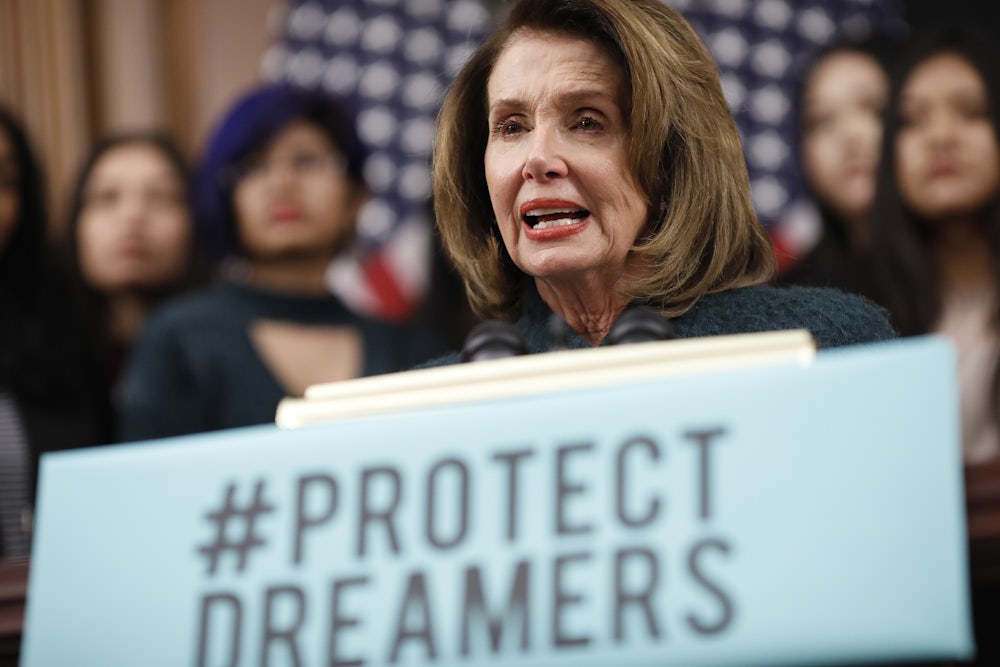Would-be Democratic politicians have to fight their own party before they ever get a chance to fight Donald Trump, The Intercept reported on Tuesday. In the face of a groundswell of interest in politics, the DCCC is still reluctant to back populist candidates, and its fundraising tactics sometimes resemble those of the average multi-level marketing pyramid scheme:
In order to establish whether a person is worthy of official backing, DCCC operatives will “rolodex” a candidate, according to a source familiar with the procedure. On the most basic level, it involves candidates being asked to pull out their smartphones, scroll through their contacts lists, and add up the amount of money their contacts could raise or contribute to their campaigns. If the candidates’ contacts aren’t good for at least $250,000, or in some cases much more, they fail the test, and party support goes elsewhere.
The DCCC disputes this characterization of its recruitment process. But the party lags far behind the GOP in fundraising, so it’s not difficult to imagine the DCCC resorting to these measures. The Intercept goes on, quoting Michael Rosenow, the campaign manager for Minnesota’s Jeff Erdmann:
“It’s been weird for Jeff,” said Rosenow, who was there for the July 10 meeting. “The first question out of her mouth was, ‘How much will you raise?’”
They had raised $30,000 by that point, a figure that Ritner deemed unimpressive. (By the end of December, the campaign had raised around $115,000, according to Rosenow.)
“That’s not very much,” Rosenow recalls Ritner saying. “Really all we care about is, the more money you raise, the more you can get your message out.”
Money, of course, greases the wheels of politics. But where does this leave candidates from marginalized backgrounds? And how does the Democratic Party harness the energy that’s out there? When you also consider the party has largely failed to invest in state parties as promised, it all casts serious doubts on the party’s efforts to rebuild itself.
